Hunter Biden laptop: Twitter files dump reveals tale of censorship
The Hunter Biden files expose potentially illegal efforts by social media platforms to suppress stories and individuals at the behest of government agencies.
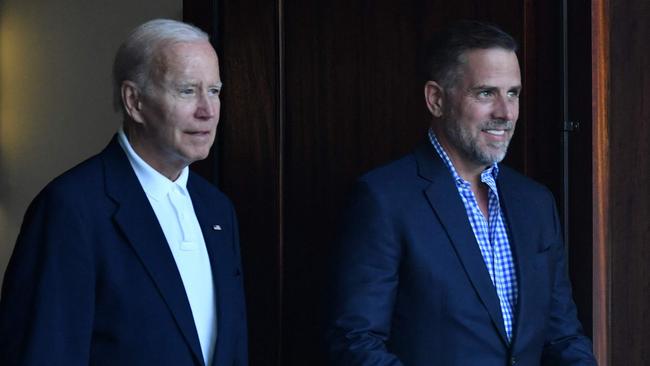
In fact, it increasingly is looking as if the FBI, in particular, has been getting back to its J. Edgar Hoover roots, less interested in real crime than it is in acting as America’s moral police force. It’s a worrying harbinger of a dystopian future where speech, as in China, is free only so far as it doesn’t upset the US government.
Last week Musk released internal correspondence related to Twitter’s decision to suppress the New York Post’s October 14, 2020, Hunter Biden laptop story which, alleging corruption in the Biden family, could have derailed Joe Biden’s campaign a few weeks before the US presidential election. On what should have been obviously spurious grounds, the laptop was “Russian disinformation”. Twitter stopped users from posting the story – even locking Donald Trump’s press secretary out of her account – or sharing it privately using a disabling function normally reserved for child pornography.
Other emails showed Twitter executives promptly removing accounts and tweets on recommendation from Democratic Party operatives. The data dump was embarrassing for Democrats – more than 98 per cent of Twitter staff’s donations to political parties have gone to Democrats – but as journalist Miranda Devine, who deserves a Pulitzer for her forensic coverage of the story, noted, the first batch of Twitter files wasn’t a smoking gun.
Indeed, highly regarded independent journalist Matt Taibbi, whom Musk chose to present the material, concluded he found no evidence of government involvement in suppressing the story. After all, Trump was president at the time. Twitter staff simply were implementing company policies against disinformation.
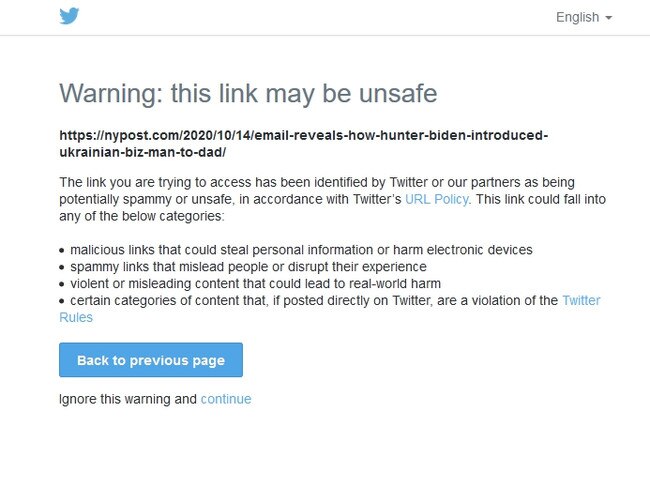
But the Twitter files are only one piece of this grim puzzle. Throughout 2020 the FBI had regular meetings with Twitter’s then head of trust and safety, Yoel Roth, and other senior executives, according to separate sworn testimony from Roth. “I also learned in these meetings that there were rumours that a hack-and-leak operation would involve Hunter Biden,” he wrote in December 2020 to the Federal Election Commission.
“I was told … that the intelligence community expected that individuals associated with political campaigns would be subject to hacking attacks and that material obtained through those hacking attacks would likely be disseminated over social media platforms, including Twitter.”
The FBI also warned Facebook to take down the Post’s story, based on the same false claim of disinformation, its chief executive, Mark Zuckerberg, revealed in August.
That should seem strange given the FBI had had a copy of the incriminating laptop data since December 2019, after being alerted to its existence by the Delaware computer repair shop where Hunter had left it – 11 months before the Post published its story. Unless the FBI were utterly incompetent, it should have known the laptop was legitimate.
Jim Baker, a former FBI general counsel who joined Twitter as a top lawyer in June 2020, urged the laptop story be suppressed, Musk’s Twitter files revealed. As The Australian went to press, Baker was sacked by Musk after it emerged Baker had been the one overseeing the release of the first Twitter files, whose subsequent batches, promised in coming days, may well prove more interesting. It’s almost as if the FBI and upper echelons of US intelligence were putting their thumb on the scale to influence the 2020 election.
“There are 50 former national intelligence folks … five former heads of the CIA … who said that what he’s accusing me of is a Russian plant,” candidate Biden said in a debate with Trump on October 22, 2020, successfully dismissing allegations that could have been lethal to his campaign.
Insidious relations between government and social media are part of a growing trend. Separately, the attorneys-general of Missouri and Louisiana are suing the US Department of Health for pressuring social media companies to suppress individuals who spoke out against lockdowns, masks and vaccine mandates during the Covid-19 pandemic. The Chinese Communist Party would be proud; it certainly wouldn’t stand for such criticism.
In his deposition for the court last week, outgoing Covid-19 tsar Anthony Fauci stated “I don’t recall” 174 times as lawyers probed the bureaucrat’s efforts to stamp out claims Covid-19 emerged from a Chinese lab in Wuhan. He might not have to remember for a successful prosecution.

In May last year, Biden’s press secretary said the President believed social media companies, all worried about a barrage of potential regulation in a then Democrat-controlled congress, should censor “Covid misinformation”.
In March this year, the US Surgeon General demanded social media companies turn over “information about sources of Covid-19 misinformation” to the government. The Biden administration even established an Orwellian disinformation governance board this year, only to terminate it in August after relentless public ridicule.
Governments throughout history have wanted to control the narrative, but they’ve never had the tools to do it effectively. Now they do via social media companies that can monitor everyone’s most private correspondence.
The past few years have given the lie to the siren song of “keeping people safe online”. Much of what the social media giants have censored has turned out to be true and what the government has said has been wrong, or at least highly debatable. Enjoy the Twitter files while you can.


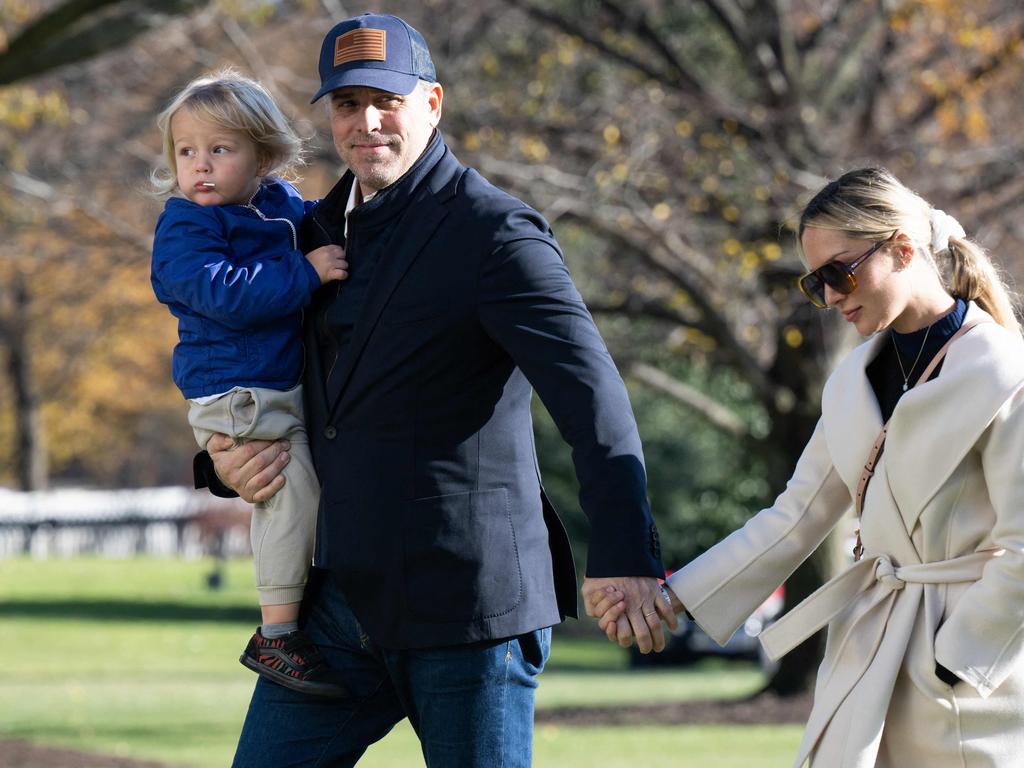
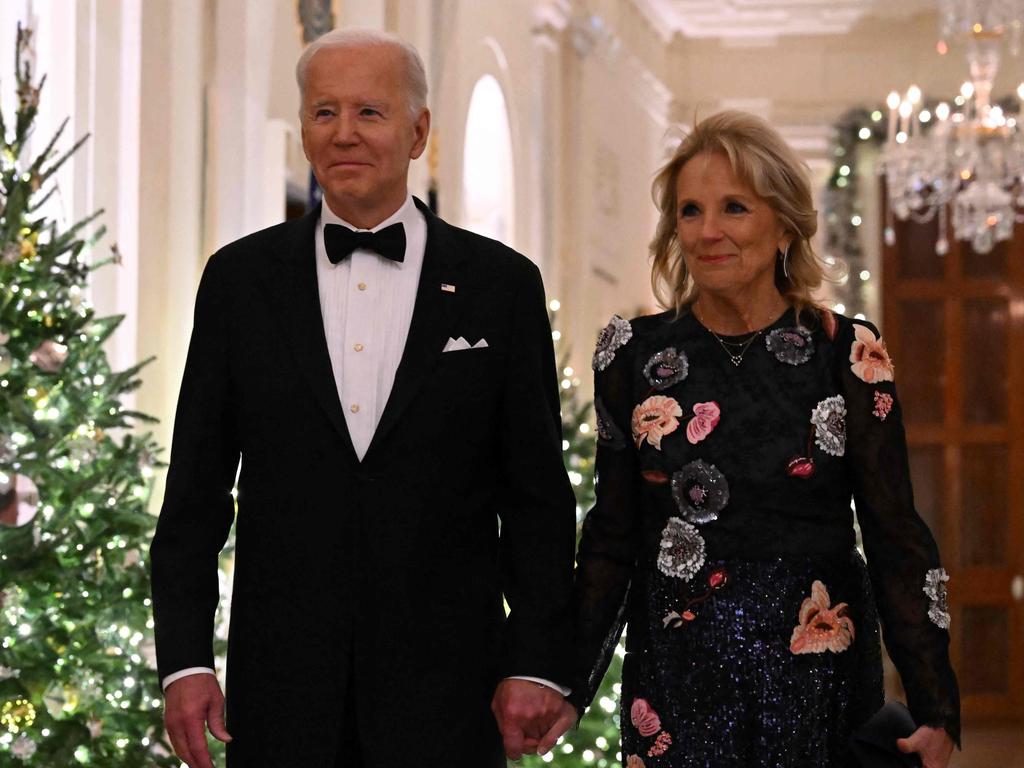
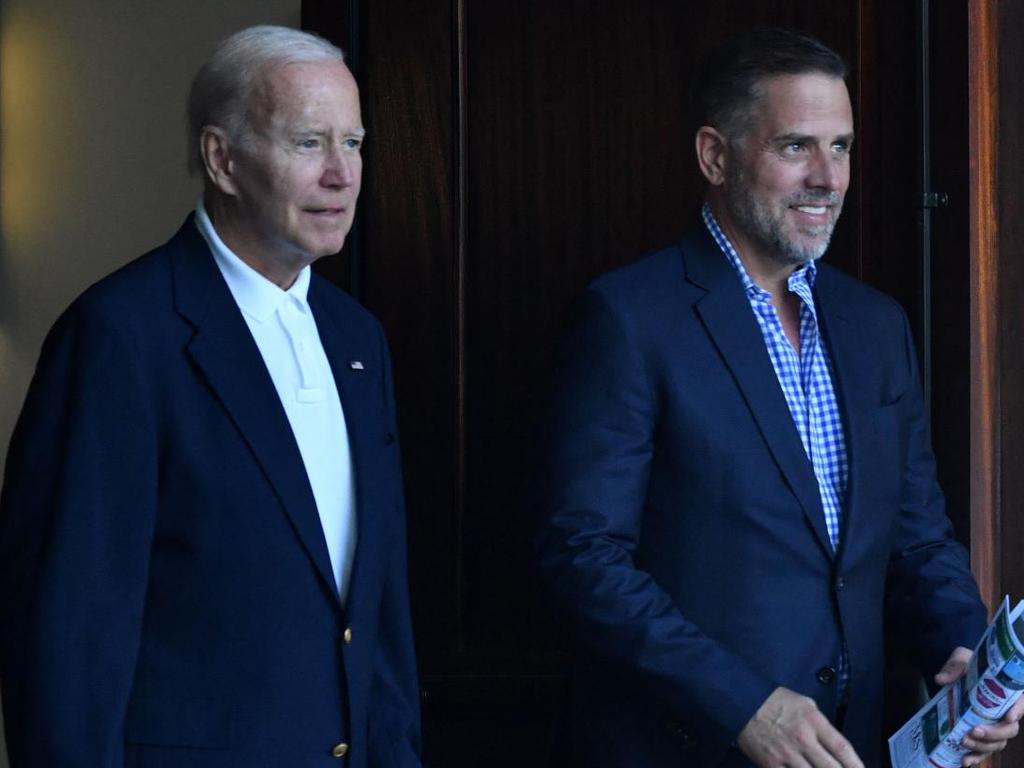


If questions remain about the financial merits of Elon Musk’s $US44bn ($65.7bn) buyout of Twitter, the deal has already paid dividends for everyone else, exposing potentially illegal efforts by social media platforms to suppress stories and individuals at the behest of government agencies.